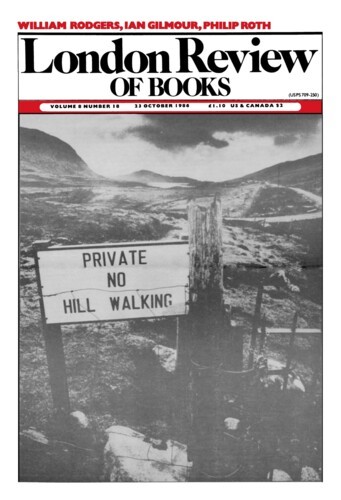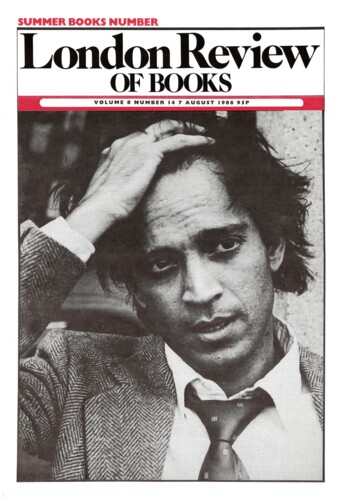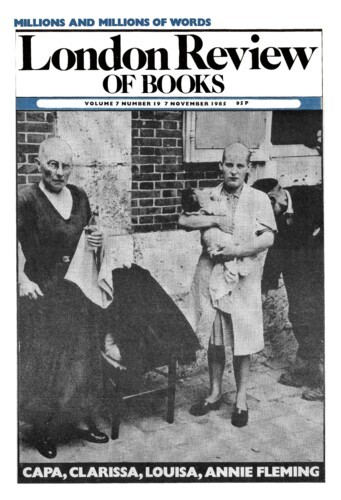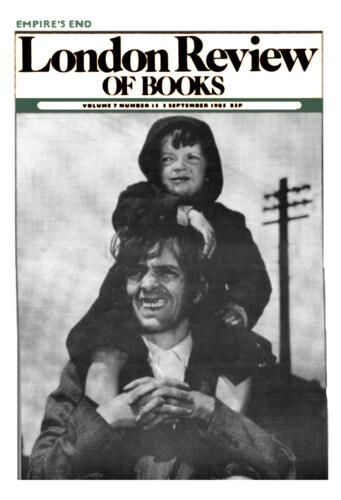Types of Ambiguity
Conrad Russell, 22 January 1987
The Church shall not so expound one place of Scripture that it shall be repugnant to another. Of all the Thirty-Nine Articles, this is perhaps the most difficult, yet it lays down a scholarly principle which is binding in other contexts than the doctrinal. By the same logical, even if not theological rule, historians may not expound one period in such a way as to make it repugnant to another. Like the principle of the Thirty-Nine Articles, this is one which is extremely difficult to apply, since it involves co-operation and give-and-take between people of widely different temperaments and experience, working on different bodies of sources. We are, for example, still waiting for a historiography of Early Modern England which expounds Tudor history in such a way as to make it readily compatible with Stuart history. Twenty years ago, when Elton and Hill reigned supreme in their respective centuries, it was quite apparent to all (including, one suspects, both historians themselves) that their outlooks and interpretative methods were so widely different that they could not both be right. Nevertheless, a generation of schoolchildren have been brought up on an Eltonian 16th century and a Hillite 17th century, a sort of Tillyardian monster with which our examiners are still wrestling. In more recent times, revisionism in the 17th century has created the opportunity to build a new coherence, but it cannot be said that this opportunity has yet been fully taken. These four books perhaps suggest that the time is coming when a synthesis will at last be possible, and that when it is reached, the constitutional and religious ambiguity of the English Reformation may be the theme around which it will revolve.





